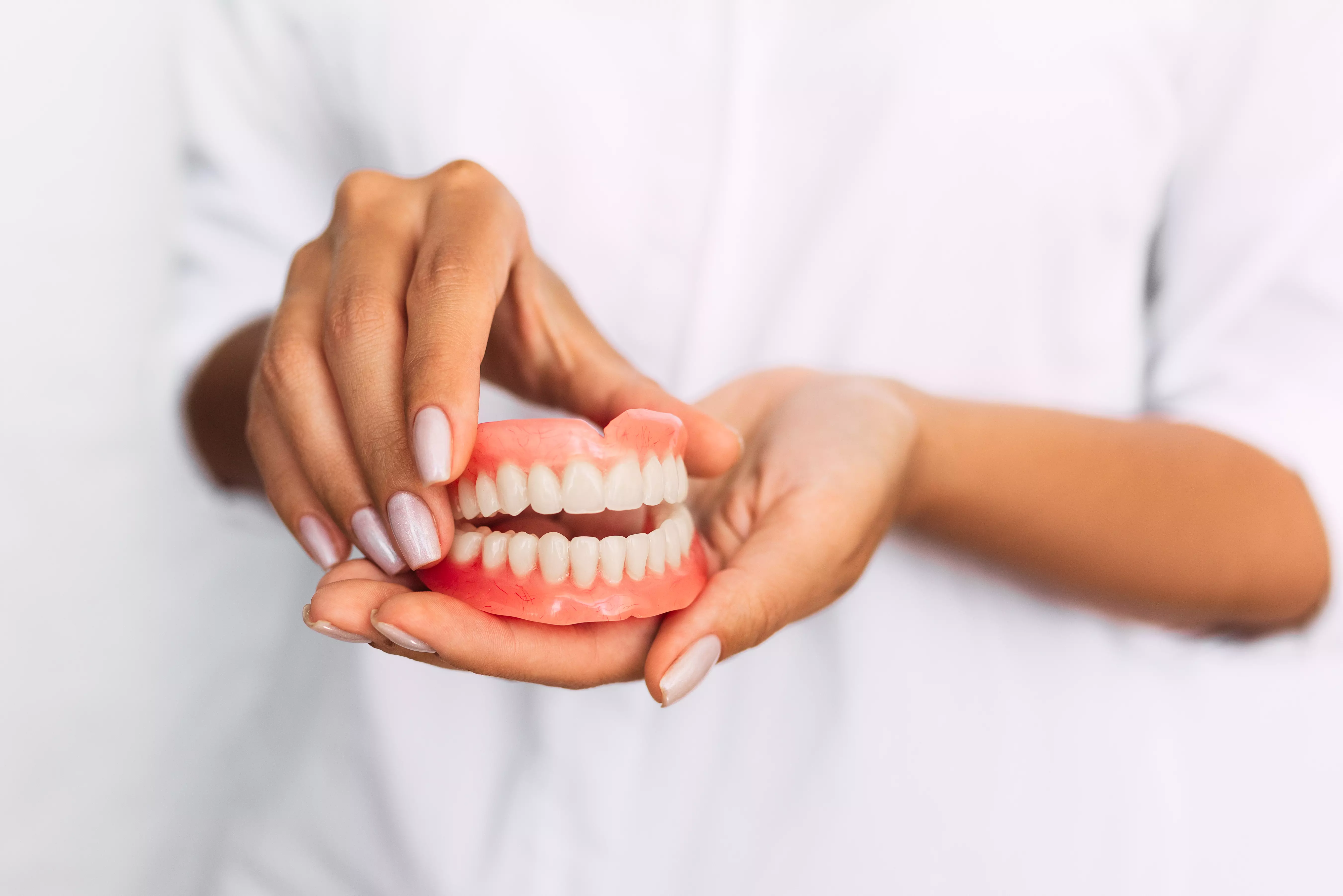Causes and symptoms of dental pulpitis
Causes and symptoms of dental pulpitis
Dentalpulpitis, also known as dental pulpitis, is a common condition that can cause not only pain and discomfort, but also serious complications. It is an inflammatory disorder of the tooth pulp, which is the inner tissue of the tooth that contains blood vessels, nerves and connective tissue cells.
Causes of dental pulpitis:
1. Mechanical damage: Mechanical damage, such as cavities and cracks in the tooth, can allow bacteria to access the tooth pulp, leading to infection and inflammation.
2. Past caries: Untreated caries leads to erosion of tooth enamel, which causes bacteria to enter the tooth pulp and cause inflammation.
3. Periodontal inflammation: Periodontal diseases, such as gingivitis and osteitis, can spread to the tooth pulp and cause infection.
4. Improper treatment: Improper root canal treatment, improperly placed fillings or crowns, can lead to infection of the tooth pulp.
Symptoms of dental pulpitis:
1. Tooth pain: One of the main symptoms of dental pulpitis is severe pain, which can be difficult to bear. The pain may be persistent or paroxysmal and worsen at night.
2. Sensitivity to hot and cold: An inflamed tooth may be hypersensitive to food and drink of different temperatures.
3. Swelling and redness of the gums: Inflammation of the tooth pulp can cause swelling and redness of the gums around the affected tooth.
4. Discoloration of the tooth: A tooth affected by pulpitis may turn gray or black as a result of pulp destruction and tissue necrosis.
5. Gingival effusion: In some cases, pulpitis can cause pus to leak from the gums.
6. Increased bite sensitivity: A tooth affected by inflammation may make it difficult to bite and chew food normally.
How to treat dental pulpitis?
1. Endodontic treatment: When the pulp of a tooth becomes inflamed, endodontic treatment, or what is popularly known as root canal therapy, is most often recommended. This involves removing the infected pulp of the tooth and filling the root canal with a special material.
2. Drug treatment: In some cases, especially when the inflammation is in its early stages, the dentist may prescribe antibiotics and painkillers to fight the infection and relieve pain.
3. Preparation for treatment: Before endodontic treatment, the dentist may recommend antiseptic rinses to reduce inflammation and fight infection.
4. Removal of the tooth: In some cases, when the inflammation is advanced and irreversible, it may be necessary to remove the affected tooth.
Conclusion:
Tooth pulpitis is a disease that can cause serious discomfort and lead to complications. Early diagnosis and appropriate treatment are key to maintaining oral health. If you have suspected dental pulpitis, consult your dentist, who will conduct the appropriate tests and recommend the right course of action.
Add comment